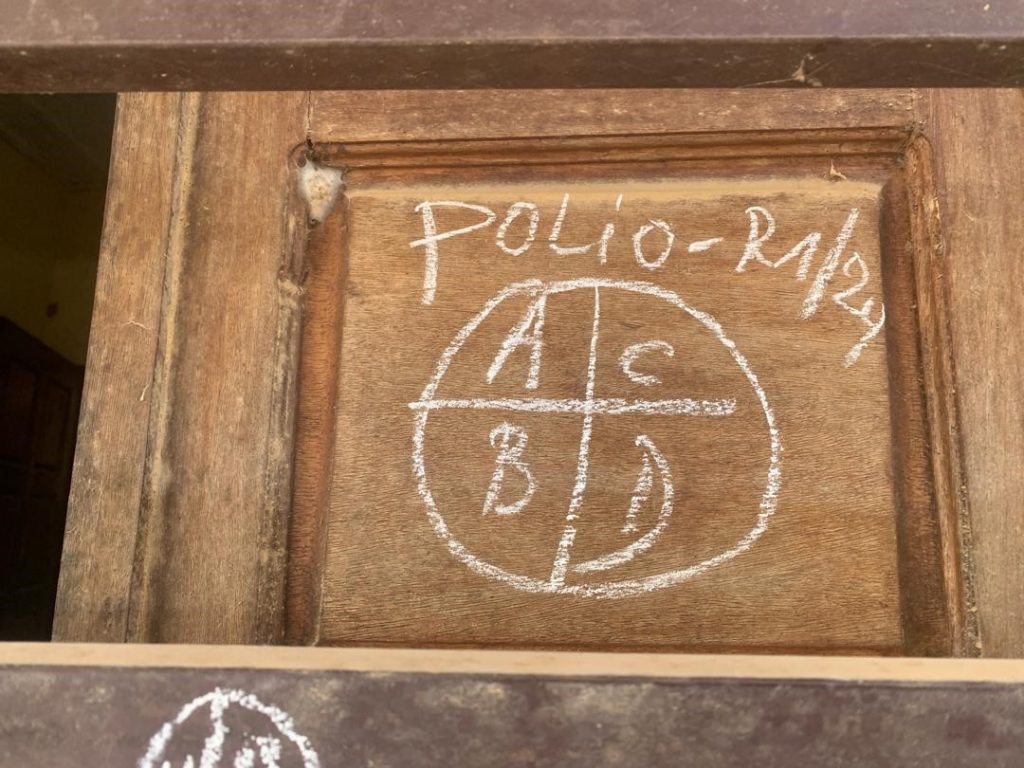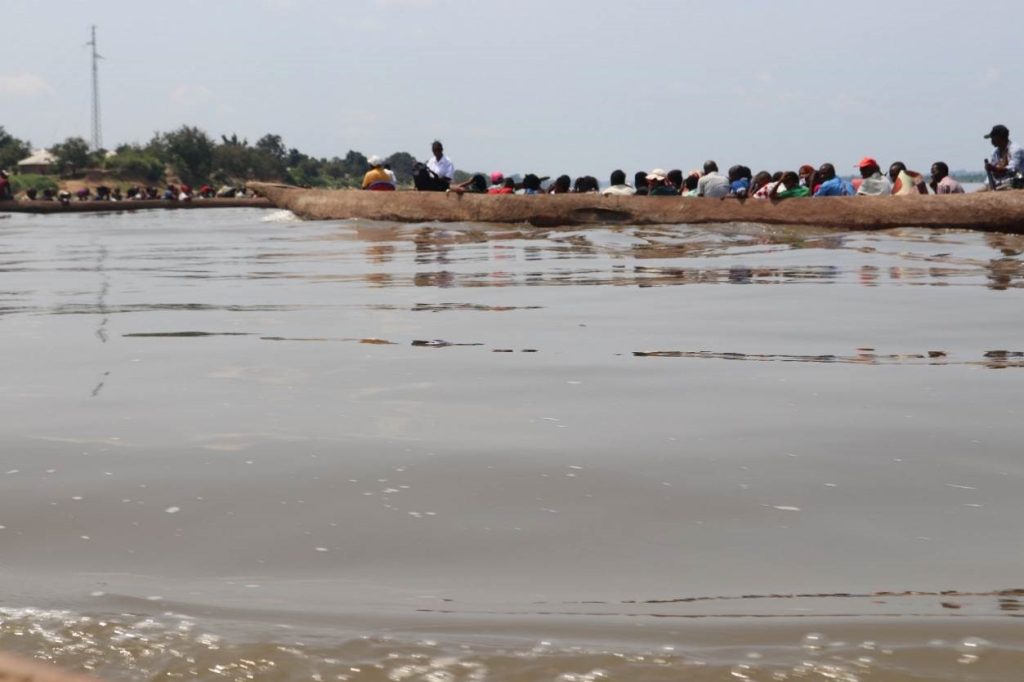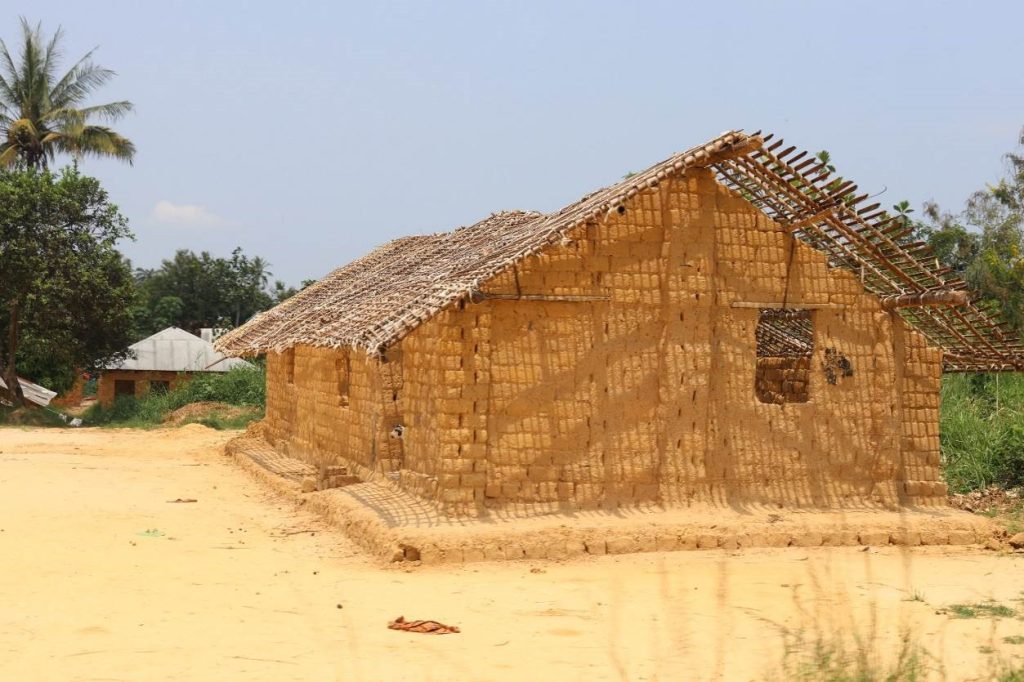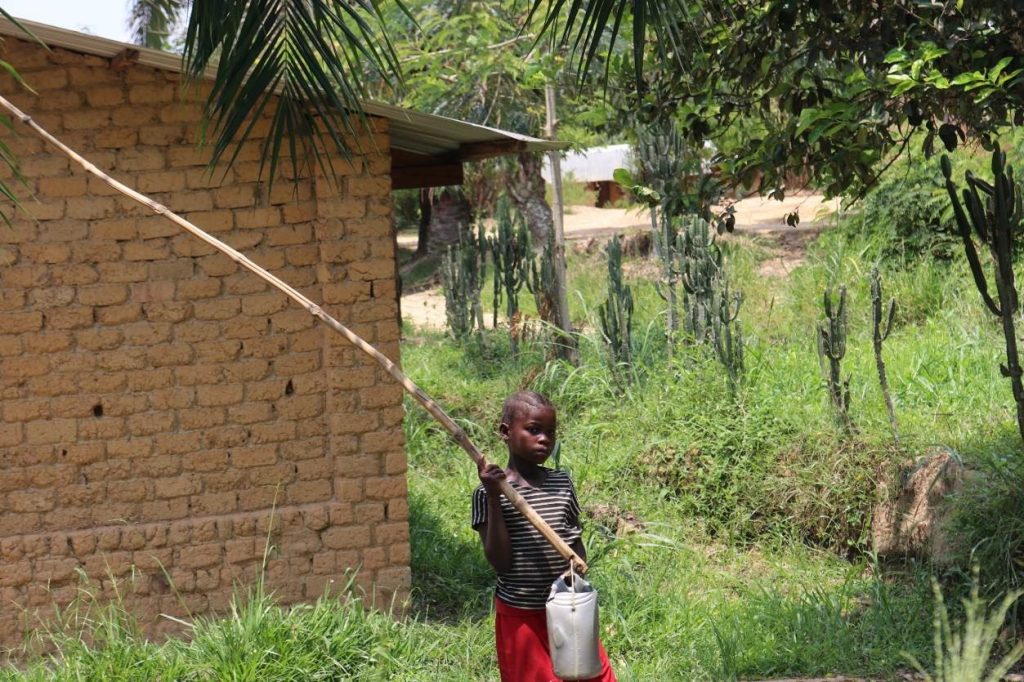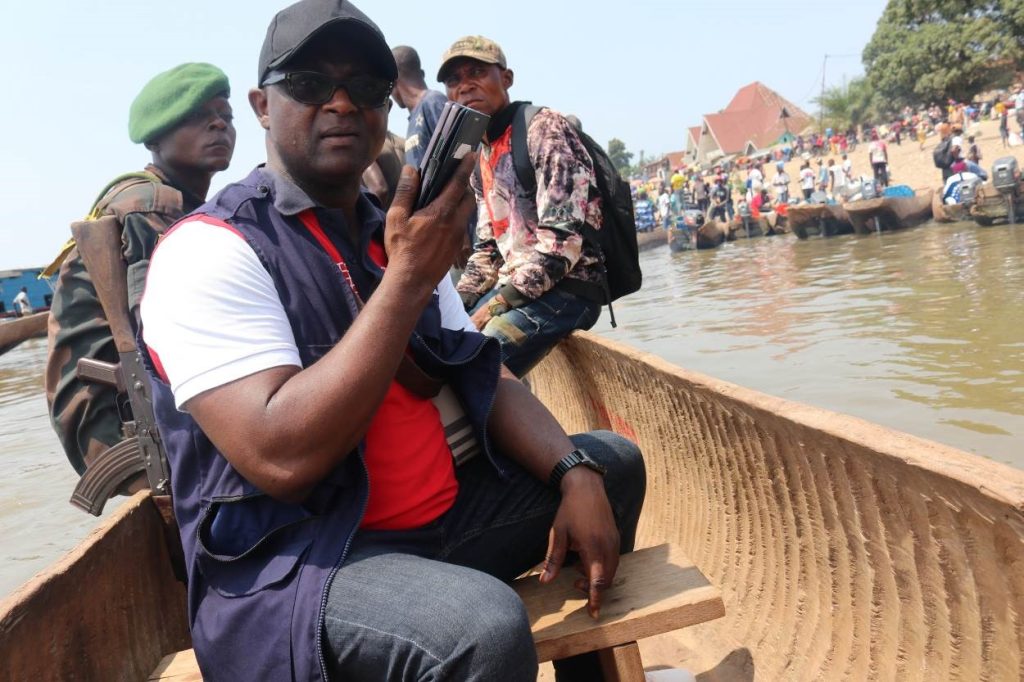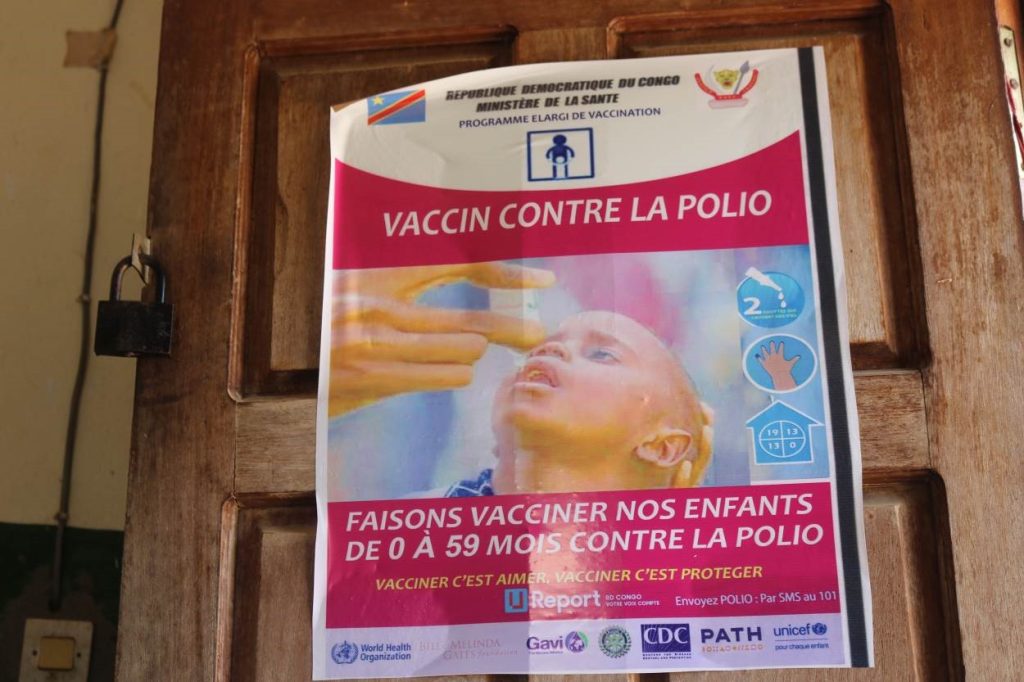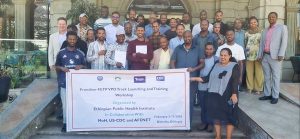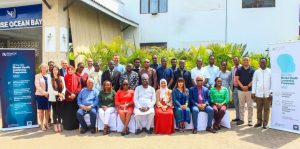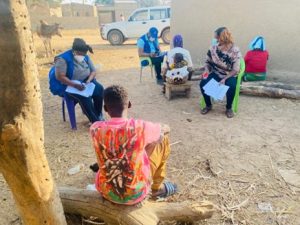How Maniema’s local heroes are pushing polio to the brink of defeat
-
by
AFENET
Written and told by Racheal Chelimo
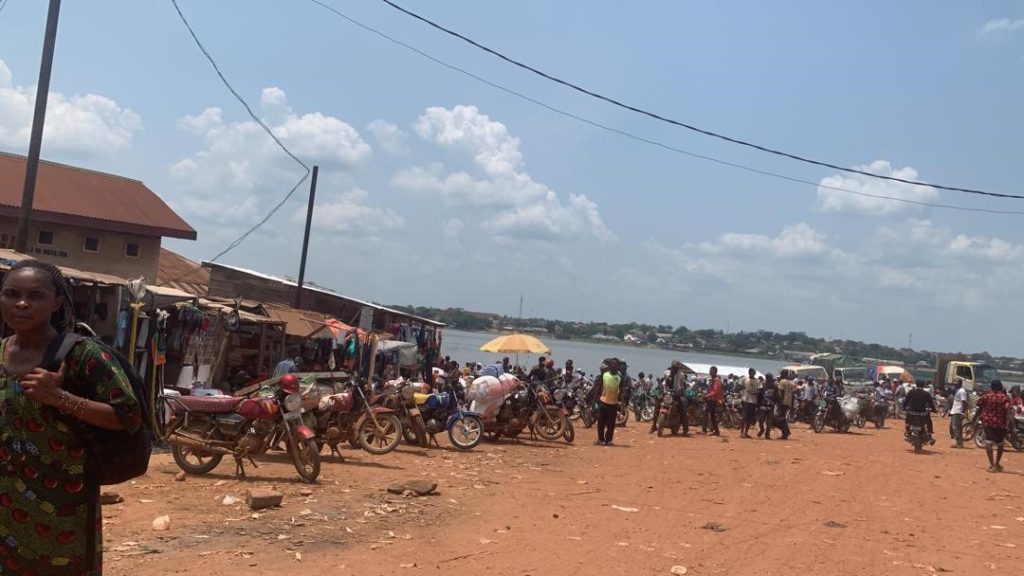
Beyond Borders: Bringing Vaccines Closer through PIRI Campaigns – A Story from Maniema, Kindu, DRC
In the remote, challenging landscapes of Maniema, the Periodic Intensification of Routine Immunization (PIRI) campaign serves as a lifeline, reaching communities that traditional healthcare often misses. Recognized as a “Consequential Geography” by the Global Polio Eradication Initiative (GPEI), Maniema’s rugged terrain and limited healthcare infrastructure make it one of the hardest places to vaccinate. Yet, local heroes—health workers, community leaders, and engaged citizens—are pushing polio to the brink of defeat through innovative, deeply personal approaches.
During my recent visit, I witnessed the dedication of these health workers, who navigate the terrain and cultural complexities with compassion. They warmly greet villagers, gradually dissolving initial scepticism with conversations about children’s health. “Once we speak to them, they open up,” shared one health worker. This empathy and respect transform mistrust into active support for vaccination efforts, connecting life-saving vaccines to those who need them most.
Bridging Gaps: The Grand Rattrapage Initiative
In the Democratic Republic of Congo (DRC), the Grand Rattrapage (GR) program tackles crucial immunization gaps, especially among zero-dose and under-vaccinated children in remote areas like Maniema. Led by the Expanded Programme on Immunization (PEV-RDC) and backed by partners like CDC, WHO, UNICEF, AFENET, and the Consequential Geographies initiative, GR responds to setbacks left by the COVID-19 pandemic, which left many children without essential vaccines. The program operates across 279 health zones, focusing on high-risk regions prone to disease outbreaks. In Maniema alone, 57% of children remain zero-dose, making these efforts essential.
The GR’s holistic approach includes PIRI cycles, fixed-point, and outreach vaccinations, targeting preventable diseases like measles and polio. With additional support from the Equity Accelerator Fund (FAE) and the CDC’s CG initiative, the GR also provides Vitamin A and deworming treatments, expanding healthcare access in both urban and river-based communities. Their goal is to immunize 70% of zero-dose children and 80% of under-immunized children, strengthening local health systems and vaccine storage infrastructure. This effort not only reduces outbreaks in Maniema but also helps prevent cross-border transmission of preventable diseases, bolstering local and global health security.
Grassroots Efforts: Women Leading the Charge
In Kindu, Maniema’s capital, I met Beatrice, a women’s leader who has dedicated over a decade to promoting vaccination. Her approach is simple yet profound—mobilizing groups to go door-to-door, bringing essential health information directly to families. “People trust what they know,” she explained. “There are myths and fears about vaccines here, but trusted voices make all the difference. If they won’t come to the clinic, we bring the clinic to them.”
Beatrice’s efforts align with a larger shift in strategies by WHO, UNICEF, AFENET, and the Bill & Melinda Gates Foundation, focusing not only on delivering vaccines but on building relationships, listening, and earning community trust. Through organizations like REFEDE, a local group dedicated to children’s health, women leaders are empowered to advocate for vaccination. “By strengthening women’s voices, we encourage trust and support,” Beatrice noted. REFEDE’s work goes beyond vaccination, aiming to educate girls, foster community resilience, and demonstrate the long-term benefits of health knowledge. “An educated girl,” she added, “is the cornerstone of a healthy family and community.”
Amplifying Local Voices: UNICEF’s Targeted Outreach
UNICEF’s Social and Behavior Change (SBC) agents are pivotal in this campaign, tailoring messages to resonate with local life. Using megaphones, SBC agents announce vaccination times in local languages, broadcasting at dawn, midday, and evening to reach people as they go about their day. “Our multi-channel strategy ensures that messages reach people in ways that respect their routines,” shared Ms. Zabibu Saidi Francine, a UNICEF vaccination manager.
In rural outreach efforts, UNICEF partners with churches and schools, while youth volunteers from U-Report spread information in markets and gathering spots. This comprehensive approach deepens public engagement and reinforces vaccination’s importance, helping the community see immunization as a shared goal.
Uniting Tradition and Technology: Media and Community Leaders
Local media, both radio and television, play a crucial role in urban areas, broadcasting information about vaccination campaigns. In rural settings, traditional leaders are instrumental. Ms. Francine emphasized that traditional leaders’ approval often influences community participation, underscoring the importance of respectful collaboration. Health teams visit leaders to gain their endorsement before beginning vaccination rounds. Messages are then shared through drums and megaphones, timed to reach community members before they start their daily work.
Culture-Driven Campaigns: Storytelling through Song and Drama
In Maniema, where music and drama are cultural cornerstones, a mobile theater troupe brings the message of immunization to life. The troupe uses humor, song, and relatable stories to demonstrate the risks of polio and the benefits of vaccination. Dr. Nepanepa Twaibu, UNICEF Communications Consultant, described how performances seamlessly integrate vaccination messages into engaging narratives. “These shows make health part of our everyday stories, not just something from a clinic,” he explained. Audiences laugh, cheer, and absorb crucial health information, fostering a collective commitment to immunization.
Sustaining Momentum: Building Lifelong Health Habits
The GR initiative’s work is more than a one-time campaign; it’s part of a sustainable effort to build immunization as a lifelong habit. Health workers emphasize the importance of routine vaccination, and local radio stations broadcast success stories, with mothers who have fully vaccinated their children sharing experiences to inspire others.
A Future Free from Polio
Maniema’s journey toward polio eradication is a powerful story of resilience, collaboration, and hope. Local heroes like Beatrice, traditional leaders, and a passionate theater troupe are reshaping public health, one vaccine, one performance, one conversation at a time. Their dedication shines through, proving that even the most formidable barriers can be overcome with unity, creativity, and purpose.
As I left Maniema, I was profoundly moved by these local heroes who are pushing polio to the brink of defeat. In this remote, beautiful region, their unwavering efforts remind us that no challenge is too great when a community stands together for its future.
